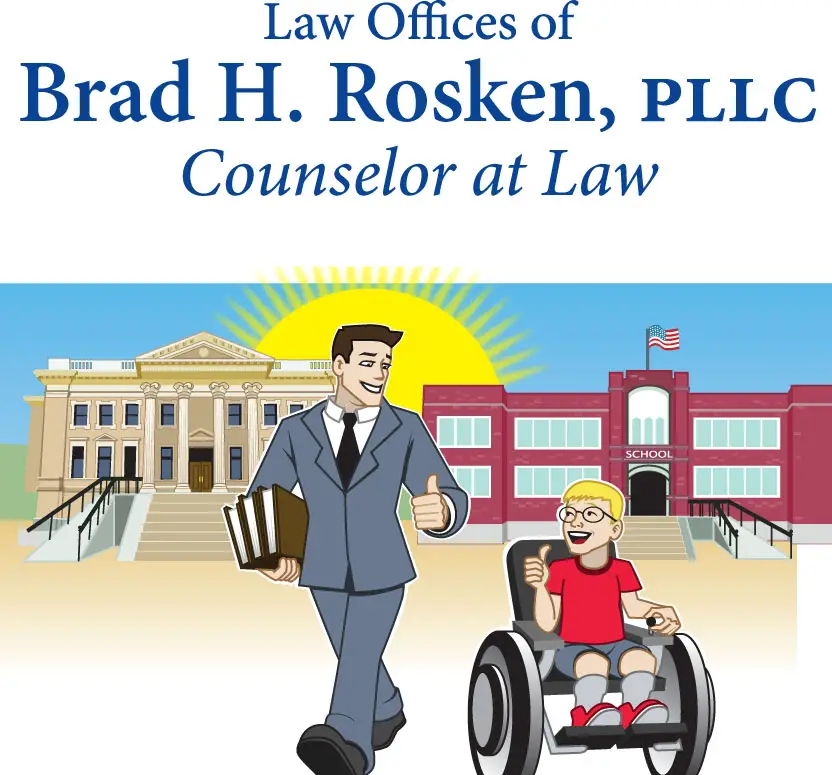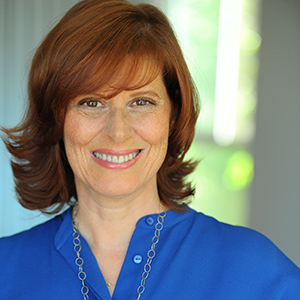

More Special Needs Articles:
Healthy Brain Network Offering Free Learning and Mental Health Evaluations for Kids
The Healthy Brain Network is offering free study-related, diagnostic language, learning and mental health evaluations to 10,000 children ages 5-21.Latest News:
Mothers with This Ovarian Condition May Be More Likely to Have a Child with Autism
A study published by the Karolinska Institue in Stockholm, Sweden found that women with polycystic ovarian syndrome (PCOS) are at a higher risk of hav...Family Activities:
Have a Laugh:
Best Memes of the Week for Parents
Here are the funniest parenting memes from Instagram, Facebook, and Reddit this week.Featured Listings:
M.A.T.S.S. Kids' Gym & Early Childcare Education Center
M.A.T.S.S. Kids' Gym provides children with A Rainbow of Programs all under one roof to play, learn and grow. Children ages 7 months through 12 year...

Tutors on Wheels
Our Ivy League tutors pride themselves on offering personalized sessions that are geared towards each student’s individual needs to create an exciting...

Law Offices of Brad H. Rosken, PLLC
Melville, New York School districts consult their attorneys, why shouldn’t you? Mr. Rosken is an experienced trial attorney; he is also a parent of a child with special ...

Winston Preparatory Connecticut
Norwalk, CT Winston Preparatory Connecticut is a leading school for students with learning differences, including dyslexia, ADHD, and nonverbal learning disorders...


